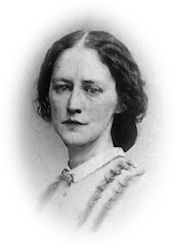Harriet Roosevelt Woolsey to her sisters, Jane and Georgeanna.
Fishkill, Sunday.
My Dears: We came up here last Thursday, and you may imagine it was somewhat of a relief to get Mother away from the everlasting Fair business that, for the last few weeks, has completely run her off her feet. . . .
New York is really in a disgusting state of fashionable excitement; nothing is talked of, or thought of, or dreamed of, but the big Metropolitan Fair! Mrs. Parker has her thousand dollar tea-sets to dispose of; Kate Hunt, her two hundred dollar curtains; Mrs. Schermer-horn, her elegant watches; and Mrs. Sombodyelse, the beautiful jewelry sent from Rome for the Sanitary Commission. . . .
Mary, and Edward Potter have been very busy with their floral department, and Mary has made some “sweet” things, one very pretty garden hat, a pure white straw with wide white ribbon streamers and a bunch of large pansies painted on the end of each, exquisitely painted, and to bring in thirty dollars or more. . . .
All the committees are at swords’ points, of course; the Restaurant ladies wish flowers in their department, to which Mrs. George Betts, chairwoman of the Floral Committee, says “as sure as they do, I will have oysters on the shell in mine, and call them seaweeds.” . . .
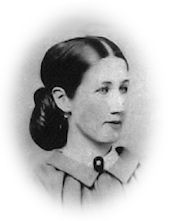
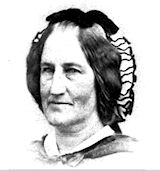
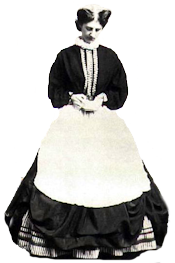
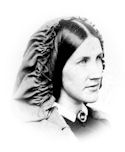 A. Heger, Surgeon-in-Charge Hammond General Hospital: Sir:
A. Heger, Surgeon-in-Charge Hammond General Hospital: Sir:
